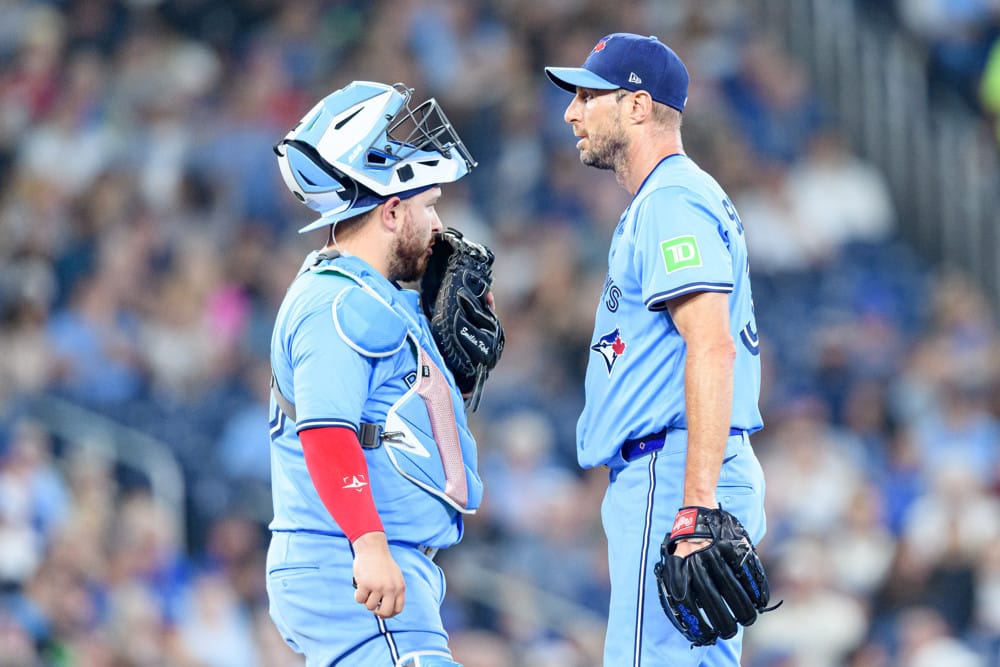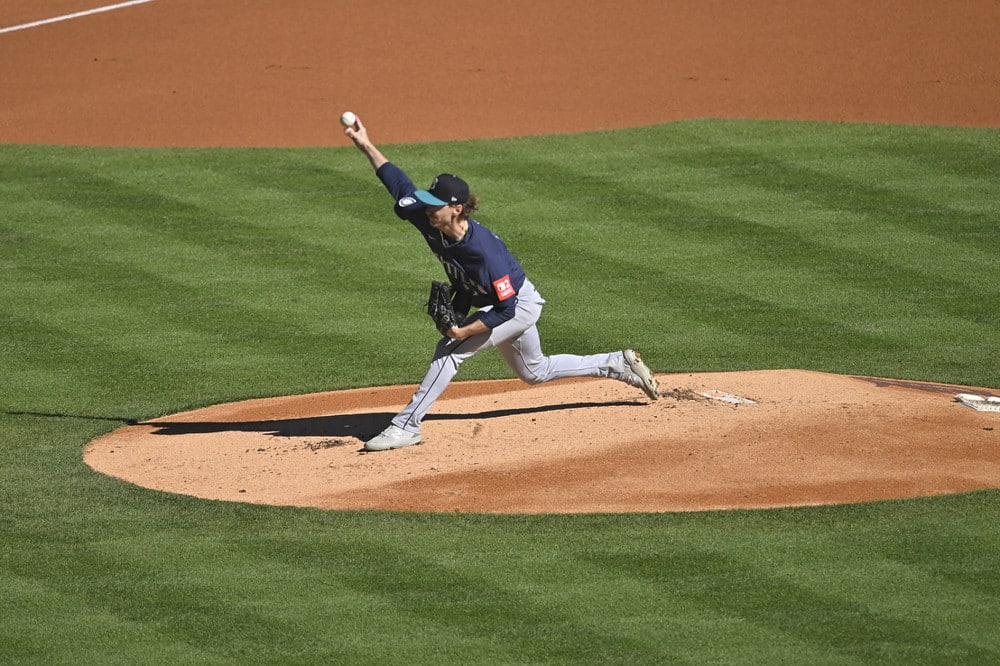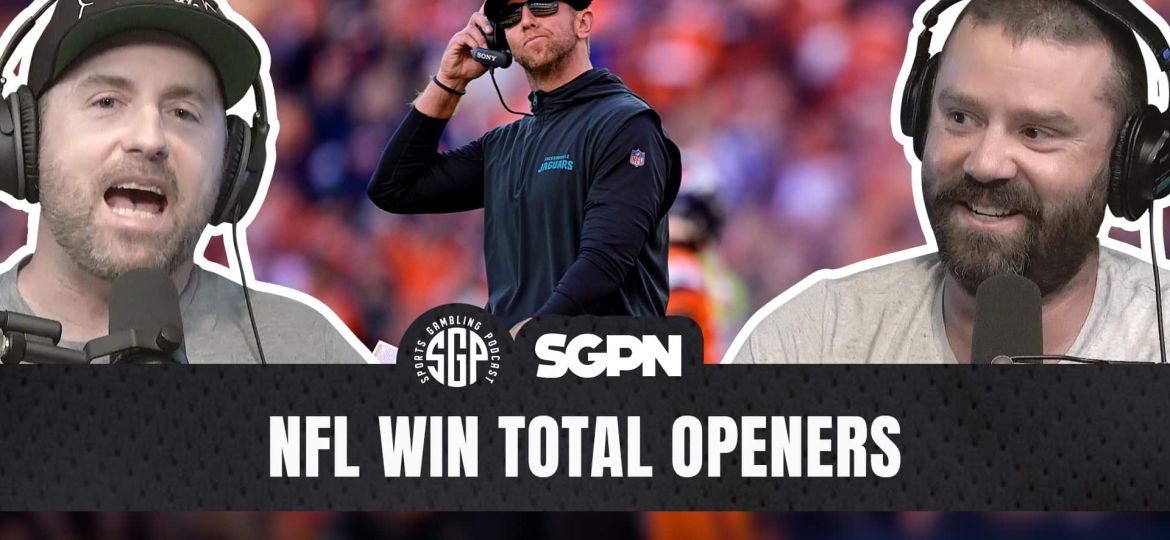 Adult gaming centers (AGCs) across the UK and Europe are falling short in enforcing self-exclusion schemes—leaving vulnerable individuals exposed to continued harm.
Adult gaming centers (AGCs) across the UK and Europe are falling short in enforcing self-exclusion schemes—leaving vulnerable individuals exposed to continued harm.
A new report by the Gambling Commission in the UK revealed that staff in many venues are failing to uphold the most basic responsibilities required by the multi-operator self-exclusion scheme (MOSES), which allows problem gamblers to voluntarily ban themselves from multiple premises.
Undercover inspections also found that staff often missed self-excluded individuals entirely or failed to act appropriately when someone attempted to access a venue where they were banned.
This lapse raises concerns about how seriously gambling operators are taking their duty of care.
Self-exclusion: A broken promise?
Self-exclusion has emerged as an important mechanism in the fight against betting addiction over the past few years.
Instead of imposing blanket restrictions on gamblers, it empowers them to take control of their habit and puts them on track to full recovery.
Yet, the problems arise when gaming centers fail to detect self-excluded people entering their premises and using their machines.
The chief executive of the Gambling Commission, Andrew Rhodes expressed frustration at the report’s findings, saying how someone who has taken the difficult step to self-exclude deserves to be protected and supported, not to be let down.
Currently, MOSES in the UK relies heavily on frontline staff identifying individuals based on photographs and personal descriptions. While the centers are required to provide training and support to help staff carry out these checks, the report suggests that many of them are not doing this.
Some industry insiders argue that relying on manual identification is outdated and ineffective, especially when digital alternatives are already available.
The limits of venue-based self-exclusion
One of the main weaknesses of the current system is that self-exclusion only applies to specific types of venues, which are typically fixed-site AGCs like slot machine arcades. But gambling has evolved well beyond these walls.
Today, gamblers have access to a wide array of online platforms, from sports betting apps to casinos that try and replicate the buzz of the brick-and-mortar venue. Some of the best live casinos do this particularly well and also come with responsible gambling features that attempt to limit on-screen playing time.
However, some websites are not as thorough in this approach, which makes it more difficult for players to recognize how much time they spend playing.
Someone who is barred from entering a physical AGC can still log in to a live casino and place bets with just a few taps. It creates a loophole that’s actively exploited by those trying, and failing, to quit.
Recovery then becomes more difficult. Instead of offering a holistic solution, self-exclusion becomes a game of whack-a-mole: shut one door, and three more open online.
Calls for a unified, tech-driven approach
Campaigners and mental health professionals are now urging regulators to move beyond individual venue-based exclusions and adopt a more integrated approach.
One solution could be a national or even international self-exclusion database that applies across both land-based and online platforms. These would be paired with facial recognition or biometric ID checks at physical venues and would reduce the space for error by making the system more supportive rather than punishing.
Some online gambling platforms already offer self-exclusion options that lock users out of their accounts for a specified period of time. However, there’s no universal enforcement mechanism—each operator sets their own rules, making it easy to bypass by simply registering elsewhere.
How systemic failures can affect addicted gamblers
Behind every statistic in the Commission’s report is a person, often someone dealing with financial distress, shame, or mental health struggles. When systems like MOSES fail, they can mean relapse, spiraling debt, and long-term trauma.
The UK government 2023 Gambling White Paper promised to strengthen consumer protections, including better affordability checks and increased oversight of gambling promotions. But as this latest report shows, even basic safeguards like MOSES are not being enforced effectively.
Until self-exclusion is treated as a serious commitment, not just a box-ticking exercise, people trying to escape the cycle of problem gambling will continue to fall through the cracks.
Accountability and reform
The failings identified in this report should serve as a wake-up call to the authorities responsible for protecting players.
Gambling operators have a responsibility to safeguard vulnerable customers, and that starts with honoring self-exclusion requests in both spirit and practice.
Technology exists to make this process more effective—we can already see how biometrics at AGCs, or more unified exclusion across live casino platforms, and online sportsbooks, can be effective.
It does, however, come down to commitment. If the industry and regulators are serious about reducing gambling harm, they must build systems that make it harder, not easier, for problem gamblers to relapse.





















